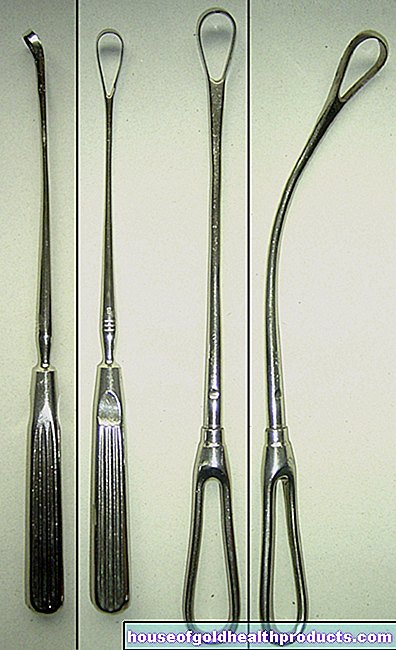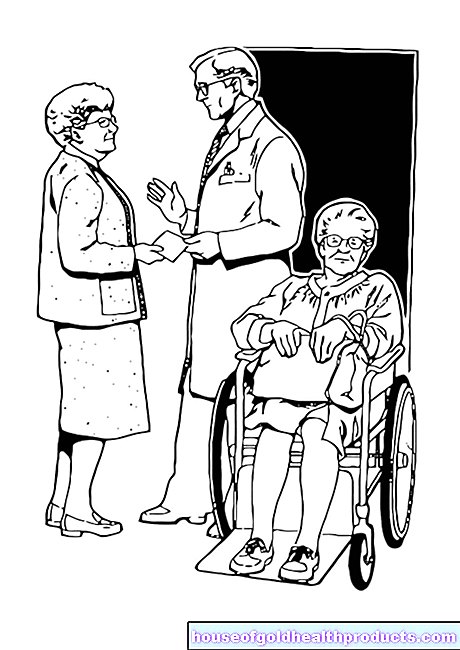Blood thinner ASA: risky discontinuation of therapy
Christiane Fux studied journalism and psychology in Hamburg. The experienced medical editor has been writing magazine articles, news and factual texts on all conceivable health topics since 2001. In addition to her work for, Christiane Fux is also active in prose. Her first crime novel was published in 2012, and she also writes, designs and publishes her own crime plays.
More posts by Christiane Fux All content is checked by medical journalists.People who are at risk of a heart attack are prescribed ASA. However, many of them stop taking the drug on their own initiative - and take a high risk.
The pain reliever acetylsalicylic acid, or ASA for short, also works as a blood thinner. It is prescribed in a low dose for people who have had a heart attack or stroke or who are threatened with one. This can reduce the risk of a blood clot.
However, 10 to 20 percent of patients discontinue therapy on their own initiative within the first three years. What they don't know: This increases the risk of a heart attack massively.
37 percent higher risk of heart attack
Researchers at Uppsala University came across this connection when they evaluated the data of around 600,000 patients who had taken ASA to prevent a heart or cerebral infarction. Those who stopped taking the tablets had a 37 percent higher risk of a cardiovascular incident than patients who continued to take their medication within the next three years.
The researchers calculated that one in 74 patients who stopped ASA would have a heart attack or stroke as a result. Of the patients who took ASA because they had already had a cardiovascular event, it was one in 36.
Increased tendency to thrombosis
A possible cause of the increased risk after stopping the tablets is a so-called rebound effect. Experimental studies indicate that after discontinuation of ASA, increased thromboxane is formed. Among other things, this hormone causes the blood platelets to stick together - the tendency for blood to clot increases. This increases the risk of thrombosis, which can ultimately cause a heart attack or stroke.
Only stop in an emergency
The researchers therefore warn against stopping preventively prescribed ASA without authorization. A waiver of ASA is only necessary in the event of an upcoming operation or other bleeding risks.
Tags: drugs womenshealth foot care





























